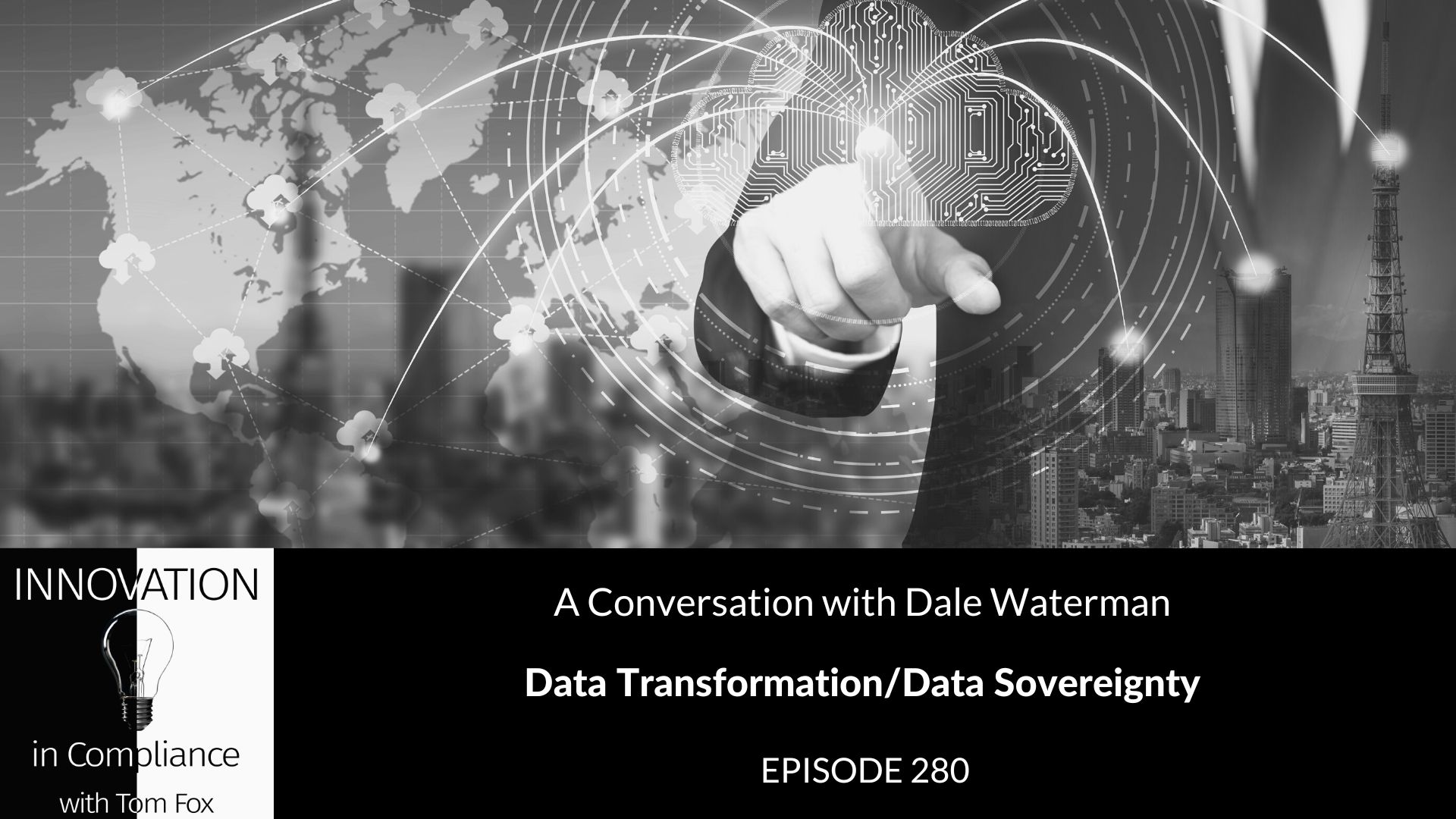Just as the Department of Justice (DOJ) has long focused on financial incentives in a best practices compliance program, it has equally focused on punishing those officers and employees who fail to do business ethically and in compliance. The 2020 FCPA Resource Guide, 2nd edition, stated, “A compliance program should apply from the board room to the supply room—no one should be beyond its reach. DOJ and SEC will thus consider whether, when enforcing a compliance program, a company has appropriate and clear disciplinary procedures, whether those procedures are applied reliably and promptly, and whether they are commensurate with the violation. Many companies have found that publicizing disciplinary actions internally, where appropriate under local law, can have an important deterrent effect, demonstrating that unethical and unlawful actions have swift and sure consequences.”
The Monaco Memo drove this point home with the statement, “Corporations can best deter misconduct if they make clear that all individuals who engage in or contribute to criminal misconduct will be held personally accountable. In assessing a compliance program, prosecutors should consider whether the corporation’s compensation agreements, arrangements, and packages (the “compensation systems”) incorporate elements such as compensation clawback provisions – that enable penalties to be levied against current or former employees, executives, or directors whose direct or supervisory actions or omissions contributed to criminal conduct. Since misconduct is often discovered after it has occurred, prosecutors should examine whether compensation systems are crafted in a way that allows for retroactive discipline, including through the use of clawback measures, partial escrowing of compensation, or equivalent arrangements.”
Prior to the Monaco Memo, clawbacks had not been generally seen as a necessary part of a compliance program. However now it is clearly mandated by the DOJ. Moreover, having such a penalty in place is also seen as a part of a good corporate culture which not only penalizes those who engage in unethical behavior in violation of a company’s policies and procedures but will “promote compliant behavior and emphasize the corporation’s commitment to its compliance programs and its culture.”
This will mandate the DOJ investigating whether a corporation has included clawback provisions in its compensation agreements and whether “following the corporation’s discovery of misconduct, a corporation has, to the extent possible, taken affirmative steps to execute on such agreements and clawback compensation previously paid to current or former executives whose actions or omissions resulted in, or contributed to, the criminal conduct at issue.”
The issue for many compliance professionals is where to look for guidance in how to construct such clawback provisions. Fortunately, the Securities and Exchange Commission (SEC) has provided guidance in another area that the compliance professional can look to for guidance. In a final rule, published in 2022 and entitled “Listing Standards for Recovery of Erroneously Awarded Compensation”, the SEC directed “the national securities exchanges and associations that list securities to establish listing standards that require each issuer to develop and implement a policy providing for the recovery, in the event of a required accounting restatement, of incentive-based compensation received by current or former executive officers where that compensation is based on the erroneously reported financial information.” While this final rule related to Both Big-R and little-r restatements, the final rule does provide guidance in the anti-corruption compliance area.
According to a client alert, entitled “SEC Issues Long-Awaited Rule on Clawback of Executive Compensation”, by law firm Vinson & Elkins LLP, the final rule “requires companies to claw back incentive compensation erroneously received by current and former executives during the three-year period preceding the required restatement date.” An interesting caveat is that under this final rule, “the term “received” generally means that the applicable financial reporting measure connected to incentive compensation has been satisfied and such incentive compensation has been earned, even if such incentive compensation has not yet actually been paid.”
This means “an annual bonus award is deemed received in the fiscal year that the executive earns the award based on achievement of the underlying performance measure(s), even if the award is not actually paid until March of the following fiscal year.” Interestingly, the final rule “applies to incentive compensation received by executive officers on or after the effective date of the listing standards, incentive compensation granted prior to the effective date would still be subject to the Rule if it is not received prior to the effective date.” Finally, this means that the “recoverable amount (on a pre-tax basis) is the difference between the incentive-based compensation received by the executives and the amount that would have been received based on the required restatement.”
While the Monaco Memo directed, “to develop further guidance by the end of the year on how to reward corporations that develop and apply compensation clawback policies, including how to shift the burden of corporate financial penalties away from shareholders- who in many cases do not have a role in misconduct–onto those more directly responsible.” This clause is an effort by the DOJ to keep companies from shielding recalcitrant executives from the consequences of their own illegal and unethical conduct. Here compliance professionals can also draw assistance from the SEC final rule for guidance which bans companies from obtaining indemnity insurance to protect executives from clawbacks. The final rule stated, “The Commission proposed that listed issuers would be prohibited from indemnifying any executive officer or former executive officer against the loss of erroneously awarded compensation.” The reason is that if your clawback provision can be overcome by indemnification, it would “fundamentally undermine the purpose of the statute and effectively nullify the mandatory nature of the compensation recovery.”
Of course, all of this should be written down and reflected in the corporation’s compliance policies and procedures. The Monaco Memo stated, “a corporation’s policies and practices regarding compensation and determine whether they are followed in practice.” This is also consistent with the SEC final rule which said that a company should develop and implement a policy requiring recovery of erroneously awarded incentive-based compensation, stating, “in the event that the issuer is required to prepare an accounting restatement due to material noncompliance with any financial reporting requirement, the issuer will recover from any of its current or former executive officers who received incentive-based compensation during the preceding three-year period based on the erroneous data, any such compensation in excess of what would have been paid under the accounting restatement.”
But the Monaco Memo made clear it is not simply having a written policy and procedure in place. There must be corporate action, if warranted, under the clawback policy and procedure. The DOJ will evaluate a company’s actions, “following the corporation’s discovery of misconduct, a corporation has, to the extent possible, taken affirmative steps to execute on such agreements and clawback compensation previously paid to current or former executives whose actions or omissions resulted in, or contributed to, the criminal conduct at issue.”







